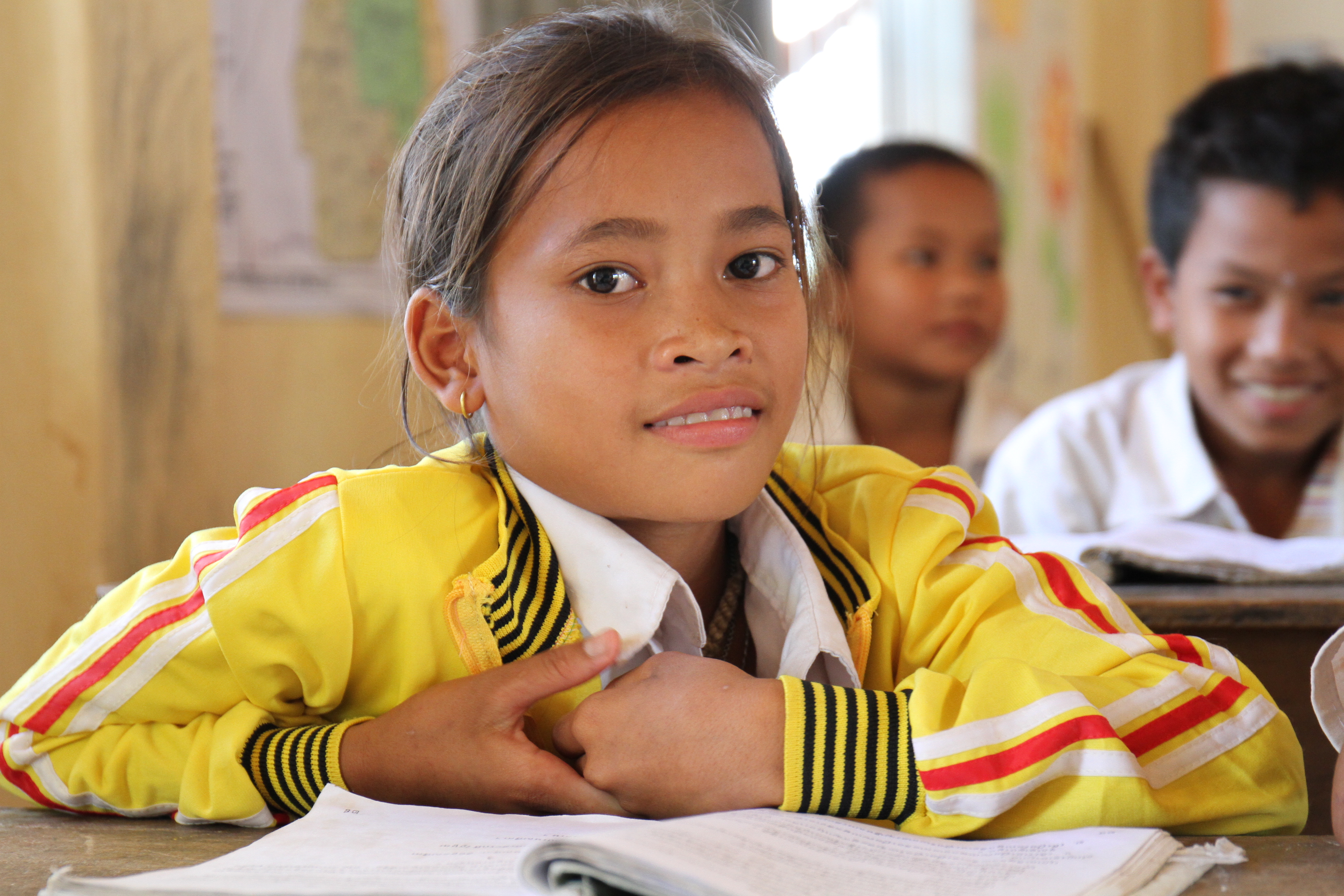Financial literacy is the combination of financial, credit and debt management and the knowledge that assists us in making fiscally responsible decisions. A financial education can differ from country to country but includes an understanding of how a bank account works, what credit means and how to use it and most importantly how to avoid debt.
Why is financial literacy so important?
The importance of financial literacy cannot be understated as it develops our ability to negotiate the financial landscape, manage risks and avoid financial pitfalls. Generally, less-educated and low-income consumers tend to be less financially literate and countries where the rate of poverty is quite high, for example, Cambodia tend to have very low financial literacy rates. Thus, if you do not know how to save money, make a financial plan, understand credit and many more financial skills, it will be very difficult for you and your children to break the poverty cycle.

Why does Cufa do it?
Cufa believes that a quality financial literacy to be one of four core pillars in empowering people to break the poverty cycle, not only for themselves but also for their children and their children. For many people, their means of finding a way out of poverty are limited by their incomplete understanding of basic financial concepts and ideas.
Financial education is not just important for helping save for the future, it also helps effectively understand and make better financial decisions. This prevents people from obtaining unsustainable debts that can often push people further into poverty due to the lack of income generation and financial education.

How do we do it?
Many of Cufa’s programs educate participants about financial literacy. Lessons are provided and delivered through a variety of different mediums for the most effective knowledge retention. Due to this, a strong basis for localised economic development is created and provides people with the tools to lift themselves from poverty.
Cufa teaches financial literacy with the aim to educate all members of communities, regardless of age, gender or ethnicity. The knowledge and impact of a financial education can, therefore, be passed on for future generations.
Some of the programs
Though most of Cufa’s programs have an element of financial literacy, the three main programs are:
- Children’s Financial Literacy: Teaching disadvantaged students financial literacy in a fun and engaging way
- Female Financial Empowerment: Providing women in Myanmar the tools to manage their finances and build a successful business
- Credit Union Development: Enabling extremely rural communities to gain financial access and education in order to build their income capacity







